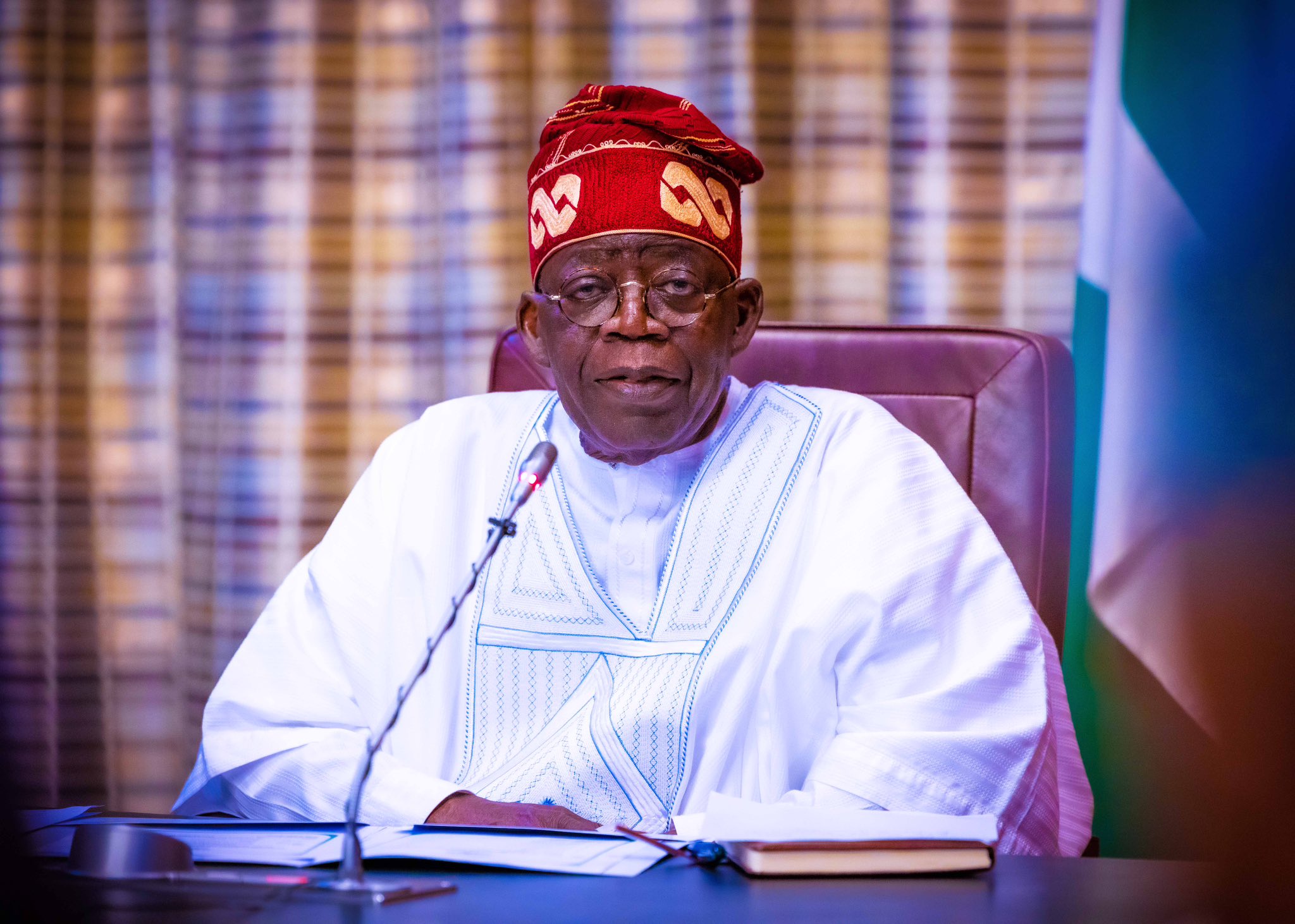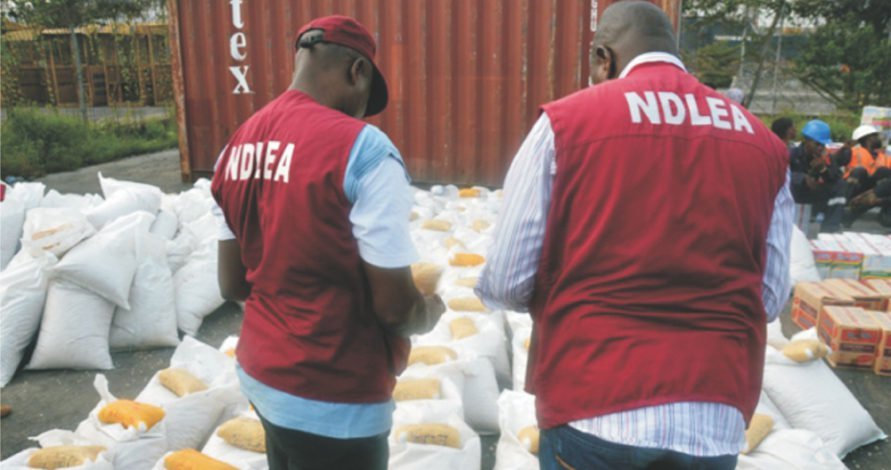Nigerians are urging President Bola Tinubu to declare an emergency in food security, introduce a national food policy, and address the insecurity caused by herders, which has forced farmers, especially in southern Nigeria, to abandon their farms. They argue that distributing palliatives is not a sustainable solution to the country’s food shortage.
Misplaced Priority – Adima, Political Activist
Mr. Blessing Adima, a political activist in Delta State, criticized the federal government’s approach, stating, “Buying grains and rice for distribution is a misplaced priority. It shows a lack of understanding of food production issues. Herders have driven farmers from their lands, and we now import rice that regions like Benue, Southern Kaduna, Zamfara, Ebonyi, and Taraba could produce. The government should focus on tackling insecurity and supporting local food production.”
Encourage Farmers to Return – Akene, Development Consultant
Furoebi Akene, a development consultant, emphasized the need for farmers to return to their farms. “Efforts should be made to ensure farmers can return safely. Additionally, the integrity of those distributing palliatives is questionable. A more honest and patriotic approach is needed.”
Temporary Relief – Idi, Ndokwa Youth Leader
Presley Idi, Secretary of the Ndokwa National Youth Movement, pointed out that palliatives offer only temporary relief. “The real solution is to ensure a secure environment for farmers. Without security, food shortages will persist. Palliatives are temporary and often do not reach those in need due to corruption.”
Government Not Addressing the Problem – Wills, Legal Practitioner
Iniruo Wills, a legal practitioner in Bayelsa State, criticized the government’s approach as superficial. “Extravaganza is not governance. The government needs to start rational governance to address food and other crises effectively.”
Palliatives Not Sustainable – Ekerefe, Former IYC Spokesperson
Ebilade Ekerefe, ex-spokesman of the Ijaw Youth Council, argued that distributing food and money is not a sustainable solution. “The government should declare an emergency in food security and introduce a comprehensive national policy. Current measures are temporary and often mismanaged due to corruption.”
Lack of Clear Policy Direction – Rukevwe, Educationist
Mrs. Edna Rukevwe, an educationist in Warri, Delta State, highlighted the lack of a clear policy direction. “President Tinubu did not prepare for the economic impact of removing the petroleum subsidy. The government needs to address insecurity, provide fertilizers, and facilitate the importation of farm tools. Real governance is needed, not propaganda.”
Tackle Farmers’ Insecurity – Amanze, AFAN
Chief Israel Amanze, representing the South East in the All Farmers Association of Nigeria, stated, “Palliatives are a temporary measure. The government should address the insecurity that drives farmers away and subsidize farm inputs to encourage farming.”
Encourage Self-Reliance – Akpan, COMPPART Foundation
Saviour Akpan, Executive Director of COMPPART Foundation for Justice and Peacebuilding, suggested that the government should subsidize organic seedlings and fertilizers. “Encouraging self-reliance through subsistence and commercial production is key. The Land Use Act should be amended to make land more accessible for agriculture.”
Open Borders and Reduce Tariffs – Olajunwo, Rights Lawyer
Ogunbiyi Olajunwo, a rights lawyer, criticized the government’s priorities. “The administration should open borders and reduce tariffs on essential goods. A clear plan to tackle insecurity and promote mechanized farming is needed. Ten mega farms could feed the nation if managed properly.”
Support Smallholder Farmers – Afan, SWOFON
Mrs. Mary Afan, Executive of the Small-Scale Women Farmers Organization in Nigeria, stressed the importance of supporting smallholder farmers. “These farmers produce the bulk of what is sold in markets. Government support often bypasses them in favor of political or big farmers. Addressing this imbalance and providing security will improve food security.”
Promote Youth Engagement – Musa and Dazang
Adamu Musa emphasized training youths and deploying modern farming tools to reduce insecurity and boost food production. Daniel Dazang added that grassroots involvement is crucial. “Engaging people in farming and providing farm inputs will ensure food availability. Palliative measures are not sustainable.”
These voices from across Nigeria highlight the need for a comprehensive approach to food security, focusing on tackling insecurity, supporting local farmers, and creating a sustainable agricultural policy.





